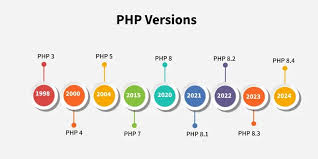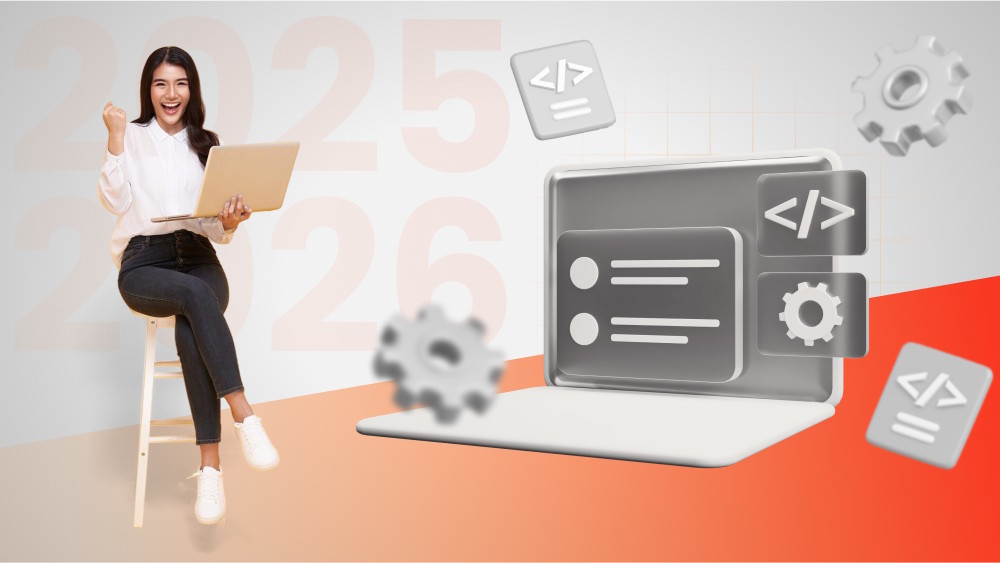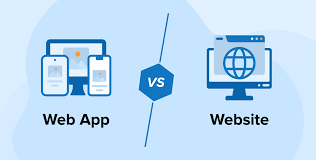The Evolution of PHP: A Historical Perspective
PHP, originally conceived as a simple set of Common Gateway Interface (CGI) binaries written in C by Danish-Canadian programmer Rasmus Lerdorf in 1994, has evolved into one of the most popular server-side scripting languages powering a significant portion of the web. Over the years, PHP has undergone substantial transformations, adapting to changing technological landscapes and community needs. In this blog, we'll take a journey through the evolution of PHP, tracing its origins, major milestones, and key developments that have shaped its trajectory.

Origins and Early Development (1994-2000)
PHP, initially known as "Personal Home Page Tools," was created by Rasmus Lerdorf to manage his personal website's traffic monitoring. The first version, PHP/FI (Personal Home Page/Forms Interpreter), was released in 1995 as a collection of Perl scripts for tracking visits to his online resume. PHP/FI gained popularity for its ability to embed dynamic content within HTML pages, paving the way for server-side scripting.
In 1997, Zeev Suraski and Andi Gutmans rewrote the PHP parser engine from scratch, leading to the birth of PHP 3. This version introduced several key features, including support for object-oriented programming (OOP) and improved performance, laying the foundation for PHP's future growth.
PHP 4 and the Era of Maturity (2000-2004)
PHP 4, released in 2000, marked a significant milestone in PHP's evolution. It introduced a more robust object model, support for the Zend Engine (a highly optimized execution engine), and enhanced performance. PHP 4 solidified PHP's position as a leading server-side scripting language, powering dynamic websites and web applications worldwide.
During this period, PHP gained widespread adoption, fueled by its simplicity, versatility, and extensive documentation. The vibrant PHP community contributed a wealth of libraries, frameworks, and tools, further expanding PHP's capabilities and ecosystem.
PHP 5 and the Rise of Modern PHP (2004-2014)
PHP 5, released in 2004, introduced a plethora of new features and improvements, cementing PHP's status as a mature and powerful programming language. Key additions included:
-
Improved OOP Support: Enhanced support for classes, interfaces, and inheritance, making PHP more suitable for large-scale applications.
-
Exception Handling: Built-in exception handling mechanism for more robust error management.
-
SQLite Support: Integration of SQLite as a built-in database engine for lightweight database applications.
-
Performance Enhancements: Optimizations to the Zend Engine and memory management, resulting in significant performance gains.
The release of PHP 5.3 in 2009 brought further enhancements, including namespaces, late static binding, and closures, aligning PHP with modern programming paradigms and standards.
PHP 7 and Beyond (2015-Present)
PHP 7, released in 2015, represented a major leap forward in terms of performance, scalability, and language features. The most notable improvements included:
-
Performance Boost: Up to twice the performance compared to PHP 5.x versions, thanks to the introduction of the PHPNG (Next-Generation) engine.
-
Scalar Type Declarations: Support for scalar type declarations (int, float, string, and bool) and return type declarations, enhancing code clarity and robustness.
-
Error Handling Improvements: The introduction of the Throwable interface and the Throwable hierarchy for more consistent error handling.
-
Null Coalescing Operator: The ?? operator for concise and expressive null value handling.
Subsequent releases, such as PHP 7.1, 7.2, 7.3, and 7.4, introduced further enhancements and refinements, solidifying PHP's position as a modern, feature-rich programming language suitable for a wide range of applications.
Conclusion: The Future of PHP
As PHP continues to evolve, the community remains committed to pushing the language forward while maintaining backward compatibility and stability. Future releases are expected to focus on improving performance, enhancing language features, and addressing emerging trends such as cloud-native development, serverless computing, and microservices architecture.
With its rich history, vibrant ecosystem, and ongoing innovation, PHP is well-positioned to remain a cornerstone of web development for years to come. As developers, embracing PHP's evolution and leveraging its capabilities can empower us to build robust, scalable, and cutting-edge web applications that shape the future of the digital landscape. Let's continue to celebrate PHP's journey and contribute to its bright future together.





